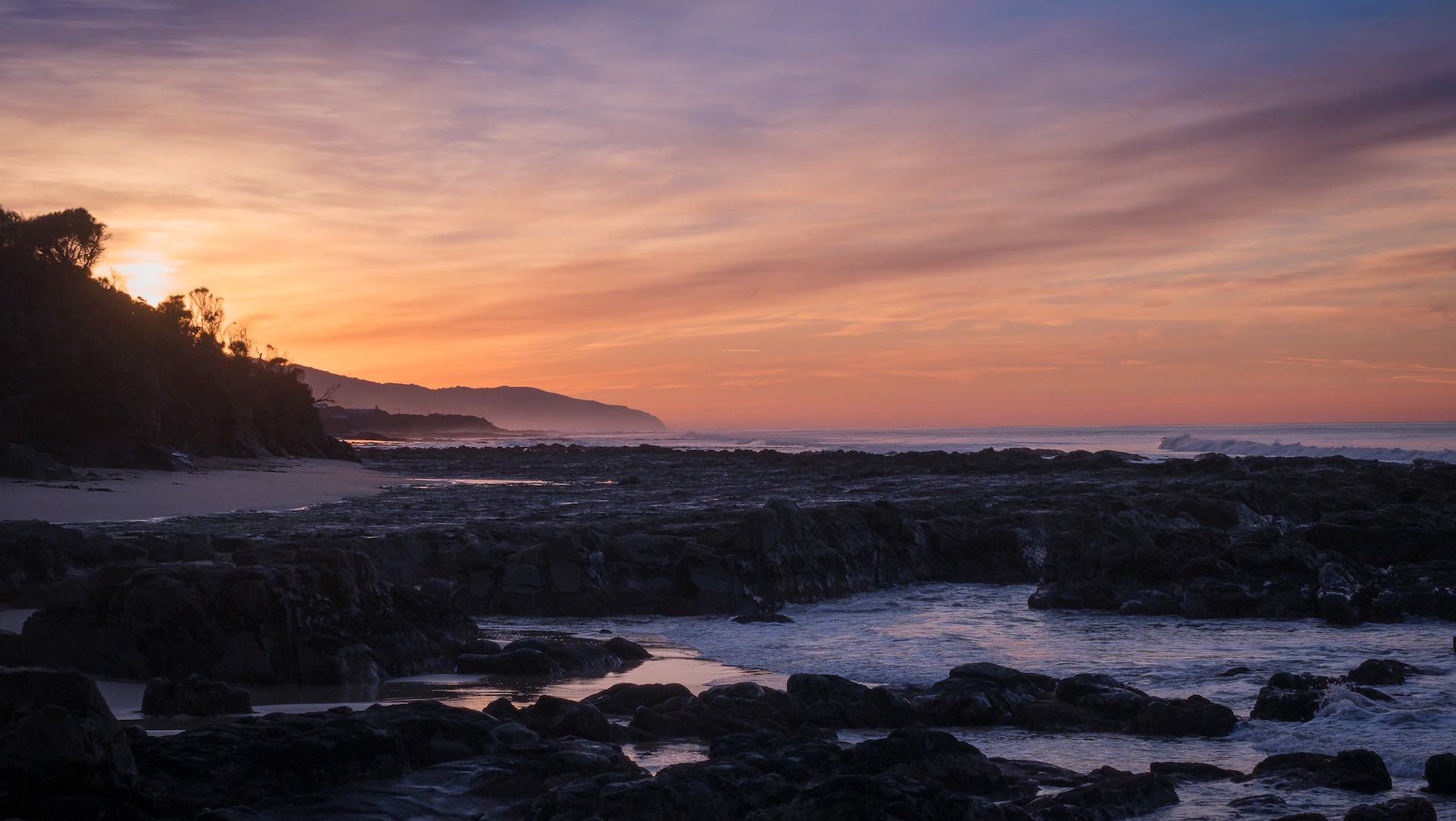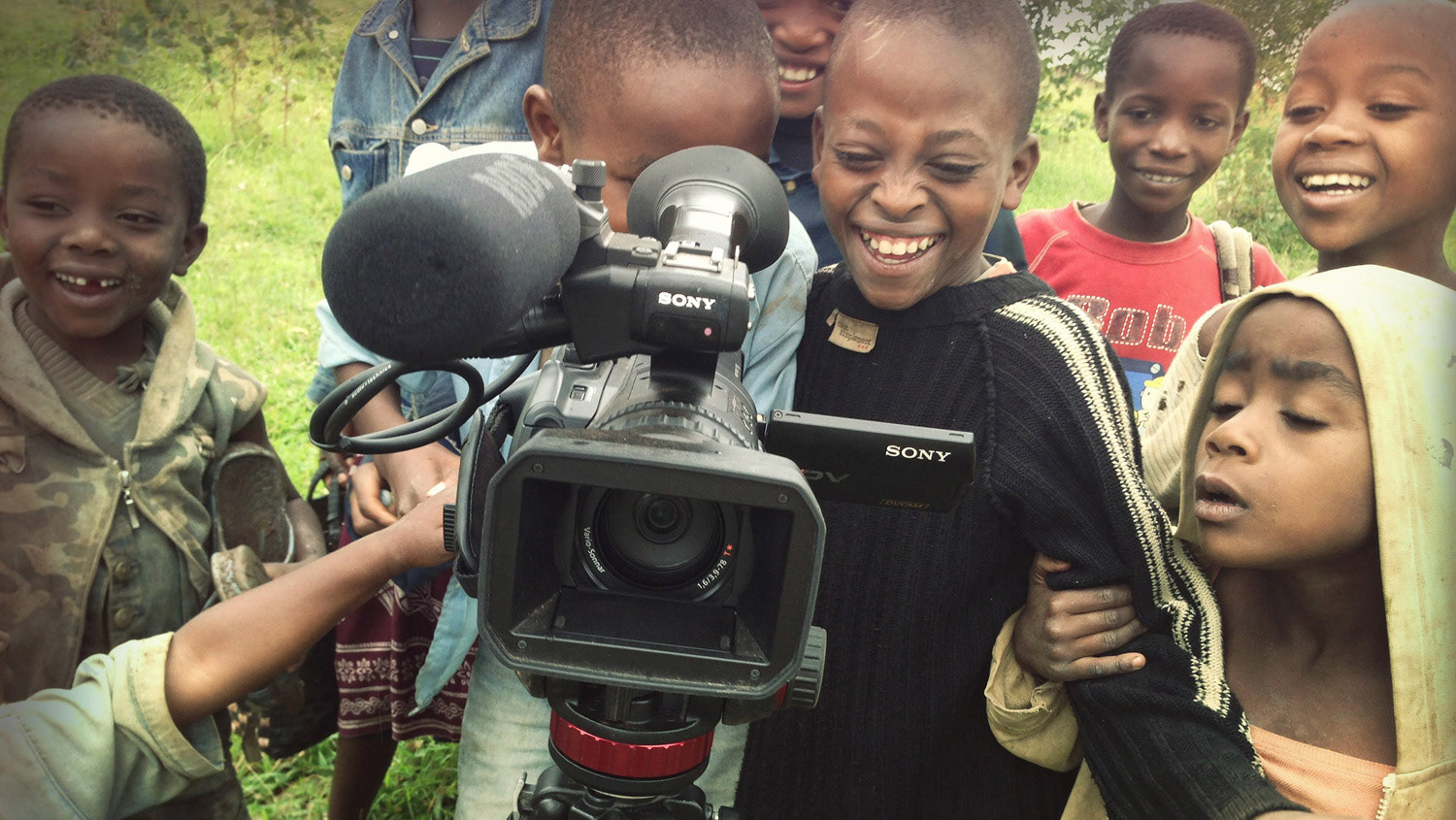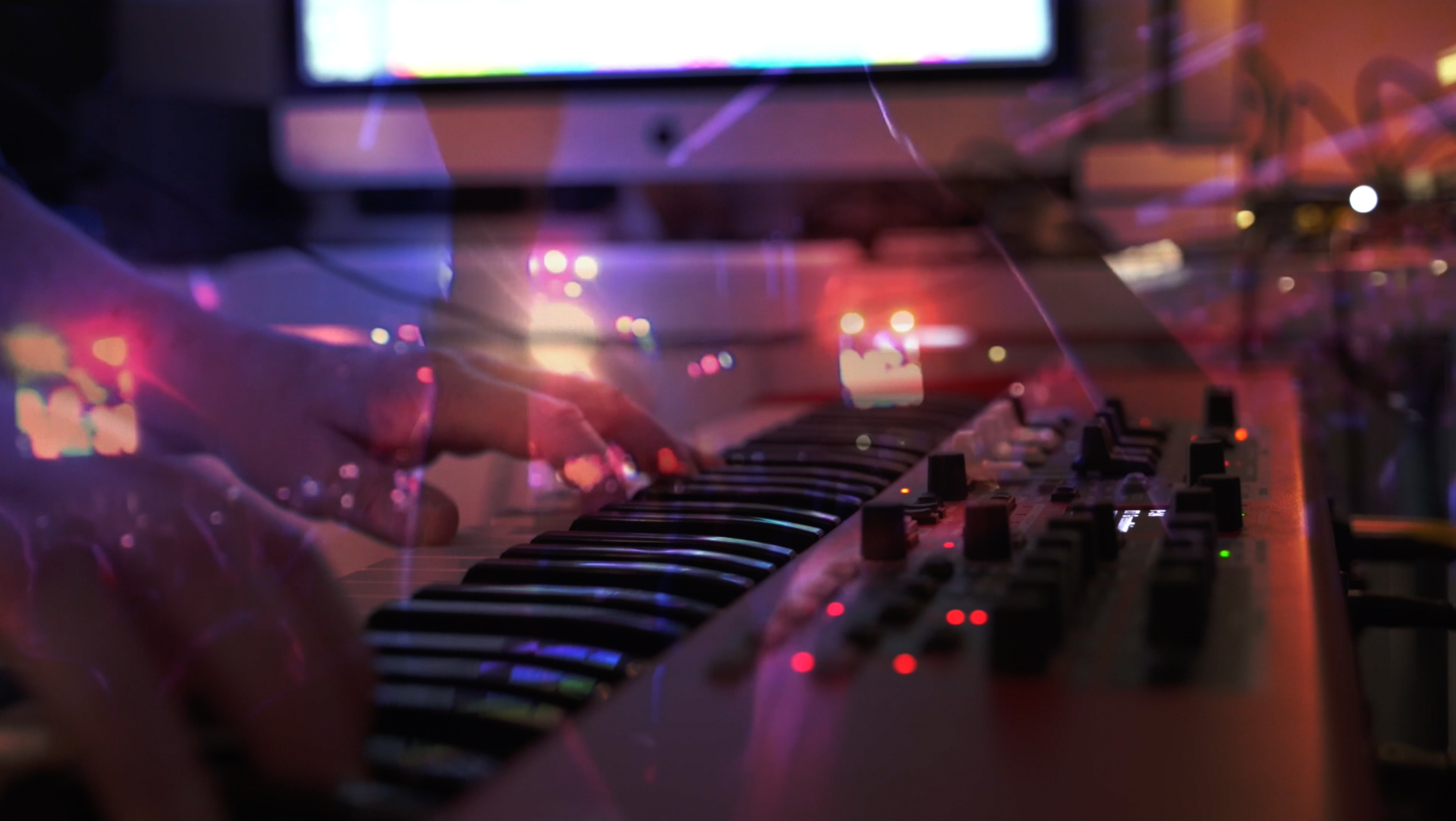During the 2020 lockdowns, many asylum seeker university students lost their part time jobs. Unlike most Australians, they were denied access to social security: no JobKeeper, no JobSeeker, no Coronavirus supplement, no Centrelink. As Hope Co-Op they partnered with local organisations and donors to deliver weekly food and supplies to asylum seeker students and their families.
The Pozible campaign (now closed) raised over $27,000 towards the Food for Hope emergency living support program.
In late 2021, I again worked with Hope Co-Op to publish The Shape of Hope. My role was in editing, book design and photography. As of September 2022, book sales have raised about $17,500 towards living support for asylum seeker university students.
From the back cover
It was October 2015. My Year 12 asylum seeker students were finishing their final tasks. They said to me, "What can we do next year?" I told them I would look into it.
I discovered that the barriers to the education seemed almost insurmountable: full international fees upfront, no access to HECS, and if they chose full-time study they would get no Centrelink living support. They had crossed oceans for a chance of building a life in safety, many were on their own and all had worked hard. The idea that I would say to them, "Sorry, university is not for you", was appalling to me. I had to do something.
The Shape of Hope tells the personal stories of a group of young asylum seekers and the Australians who, through radical and creative advocacy, were able to open doors for them. These students are now studying engineering, accounting, nursing, para-medicine, pharmacy, bio-medicine, performing arts, physiotherapy and teaching. Some are working in early childhood education and nursing. Others are experienced firefighters.
There was no roadmap for this, and at times the problem-solving seemed endless. But for Sally, their Year 12 teacher, the struggle was worth it. "It warmed my heart to see that people who had been so systemically excluded were being connected into systems, places and communities. It was behind-the-scenes work, and I knew it was the most political, most humane and most useful work I have ever done."


